Photo
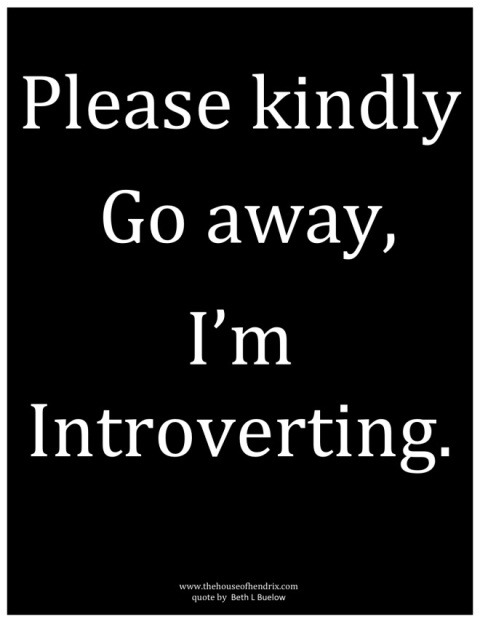
Literary Birthday - 9 June Happy Birthday, Patricia Cornwell,...
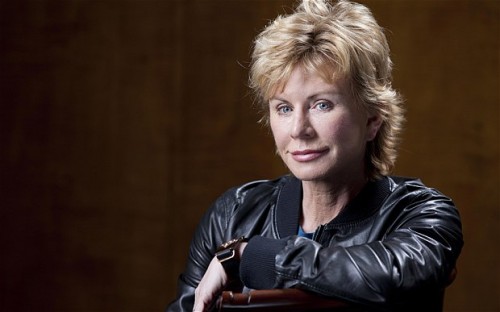
Literary Birthday - 9 June
Happy Birthday, Patricia Cornwell, born 9 June 1956
Patricia Cornwell: On Writing
- Even if you are a best-seller you feel insecure because it is all so unpredictable.
- I didn't invent forensic science and medicine. I just was one of the first people to recognize how interesting it is.
- I constantly remind people that crime isn't solved by technology; it's solved by people.
- In the first person, the readers feel smart, like it's them solving the case.
- Murder is about power and the more powerful women get the more it will change the good that they do and the bad that they do.
- Quitting can't be an option… .You have to be willing to be bad at something to be good at it. You will never be good at writing the first time you try, any more than Nadal hit a tennis ball the way he does now the first time he picked up a racket…the only way you get better is to just do it all the time. And if this is the inevitability of how you express yourself, you're still going to get up after failures. Some people are lucky, and their first book gets published and is well received. For me it took a lot of warm-ups, and those books should have been rejected. They were a learning process; I would never try to publish them today… .I worked in the morgue for six years, because I had so many failures. And Scarpetta knew I needed to do that to be qualified to write about her.
- So what I would say to writers is: Go out and do something. Don't just read other people's books. Go have adventures! When you read Hemingway, you know he's had that beer, he's eaten that food, he shot that elephant. Now, I'm not recommending people go around shooting elephants, but go out and do something. Get real-life experiences you can describe.
- The human capacity to be curious has always existed. Think of what happens when you walk into someone's bedroom and see a strange array of things—the phone is in a certain place, a notebook is on a chair, a hat is hung up. It's in our nature to re-create what the person was doing. We're taking in data constantly—getting information about people that will help us navigate through the world. We apply the same curiosity to a crime scene. The greatest gift is our own eyes, sense of smell, and abilities to deduce.
- I love my career. It's like I woke up and won the lottery. I am amazed by this every day. Yes, it's extremely hard work. This isn't something you can cause to happen. It's like a lightning strike.
Cornwell is an American crime writer. She is best known as the creator of a series of novels featuring Kay Scarpetta, a medical examiner. Her books have sold more than 100 million copies.
Source for Image
by Amanda Patterson for Writers Write
What NOT to Do When Beginning Your Novel: Advice from Literary Agents
What NOT to Do When Beginning Your Novel: Advice from Literary Agents:GIVEAWAY: I am very excited to again give away a free book to a random commenter. The winner can choose either CREATE YOUR WRITER PLATFORM or the 2013 GUIDE TO LITERARY AGENTS. Commenters must live…
No one reads more prospective novel beginnings than literary agents. They're the ones on the front lines — sifting through inboxes and slush piles. And they're the ones who can tell us which Chapter 1 approaches are overused and cliche, as well as which techniques just plain don't work. Below find a smattering of feedback from experienced literary agents on what they hate to see the first pages of a writer's submission. Avoid these problems and tighten your submission!
FALSE BEGINNINGS
"I don't like it when the main character dies at the end of Chapter 1. Why did I just spend all this time with this character? I feel cheated."
- Cricket Freeman, The August Agency
"I dislike opening scenes that you think are real, then the protagonist wakes up. It makes me feel cheated."
- Laurie McLean, Foreword Literary
IN SCIENCE FICTION
"A sci-fi novel that spends the first two pages describing the strange landscape."
- Chip MacGregor, MacGregor Literary
PROLOGUES
"I'm not a fan of prologues, preferring to find myself in the midst of a moving plot on page 1 rather than being kept outside of it, or eased into it."
- Michelle Andelman, Regal Literary
"Most agents hate prologues. Just make the first chapter relevant and well written."
- Andrea Brown, Andrea Brown Literary Agency
"Prologues are usually a lazy way to give back-story chunks to the reader and can be handled with more finesse throughout the story. Damn the prologue, full speed ahead!"
- Laurie McLean, Foreword Literary
EXPOSITION/DESCRIPTION
"Perhaps my biggest pet peeve with an opening chapter is when an author features too much exposition – when they go beyond what is necessary for simply 'setting the scene.' I want to feel as if I'm in the hands of a master storyteller, and starting a story with long, flowery, overly-descriptive sentences (kind of like this one) makes the writer seem amateurish and the story contrived. Of course, an equally jarring beginning can be nearly as off-putting, and I hesitate to read on if I'm feeling disoriented by the fifth page. I enjoy when writers can find a good balance between exposition and mystery. Too much accounting always ruins the mystery of a novel, and the unknown is what propels us to read further."
- Peter Miller, PMA Literary and Film Management
"The [adjective] [adjective] sun rose in the [adjective] [adjective] sky, shedding its [adjective] light across the [adjective] [adjective] [adjective] land."
- Chip MacGregor, MacGregor Literary
"I dislike endless 'laundry list' character descriptions. For example: 'She had eyes the color of a summer sky and long blonde hair that fell in ringlets past her shoulders. Her petite nose was the perfect size for her heart-shaped face. Her azure dress—with the empire waist and long, tight sleeves—sported tiny pearl buttons down the bodice. Ivory lace peeked out of the hem in front, blah, blah.' Who cares! Work it into the story."
- Laurie McLean, Foreword Literary
STARTING TOO SLOW
"Characters that are moving around doing little things, but essentially nothing. Washing dishes & thinking, staring out the window & thinking, tying shoes, thinking."
- Dan Lazar, Writers House
"I don't really like 'first day of school' beginnings, 'from the beginning of time,' or 'once upon a time.' Specifically, I dislike a Chapter 1 in which nothing happens."
- Jessica Regel, Jean V. Naggar Literary Agency
IN CRIME FICTION
"Someone squinting into the sunlight with a hangover in a crime novel. Good grief — been done a million times."
- Chip MacGregor, MacGregor Literary
IN FANTASY
"Cliché openings in fantasy can include an opening scene set in a battle (and my peeve is that I don't know any of the characters yet so why should I care about this battle) or with a pastoral scene where the protagonist is gathering herbs (I didn't realize how common this is)."
- Kristin Nelson, Nelson Literary
(Hi, everyone. Chuck chiming in for a quick second. I just wanted to throw in a quick plug: I am now taking on clients as a freelance editor. If your query or synopsis or manuscript needs a look from a professional, please consider my editing services. Thanks!)
VOICE
"I know this may sound obvious, but too much 'telling' vs. 'showing' in the first chapter is a definite warning sign for me. The first chapter should present a compelling scene, not a road map for the rest of the book. The goal is to make the reader curious about your characters, fill their heads with questions that must be answered, not fill them in on exactly where, when, who and how."
- Emily Sylvan Kim, Prospect Agency
"I hate reading purple prose – describing something so beautifully that has nothing to do with the actual story."
- Cherry Weiner, Cherry Weiner Literary
"A cheesy hook drives me nuts. They say 'Open with a hook!' to grab the reader. That's true, but there's a fine line between an intriguing hook and one that's just silly. An example of a silly hook would be opening with a line of overtly sexual dialogue."
- Daniel Lazar, Writers House
"I don't like an opening line that's 'My name is…,' introducing the narrator to the reader so blatantly. There are far better ways in Chapter 1 to establish an instant connection between narrator and reader."
- Michelle Andelman, Regal Literary
"Sometimes a reasonably good writer will create an interesting character and describe him in a compelling way, but then he'll turn out to be some unimportant bit player."
- Ellen Pepus, Signature Literary Agency
IN ROMANCE
"In romance, I can't stand this scenario: A woman is awakened to find a strange man in her bedroom—and then automatically finds him attractive. I'm sorry, but if I awoke to a strange man in my bedroom, I'd be reaching for a weapon—not admiring the view."
- Kristin Nelson, Nelson Literary Agency
IN A CHRISTIAN NOVEL
"A rape scene in a Christian novel in the first chapter."
- Chip MacGregor, MacGregor Literary
CHARACTERS AND BACKSTORY
"I don't like descriptions of the characters where writers make them too perfect. Heroines (and heroes) who are described physically as being virtually unflawed come across as unrelatable and boring. No 'flowing, wind-swept golden locks'; no 'eyes as blue as the sky'; no 'willowy, perfect figures.' "
- Laura Bradford, Bradford Literary Agency
"Many writers express the character's backstory before they get to the plot. Good writers will go back and cut that stuff out and get right to the plot. The character's backstory stays with them—it's in their DNA."
- Adam Chromy, Movable Type Management
"I'm turned off when a writer feels the need to fill in all the backstory before starting the story; a story that opens on the protagonist's mental reflection of their situation is a red flag."
- Stephany Evans, FinePrint Literary Management
"One of the biggest problems is the 'information dump' in the first few pages, where the author is trying to tell us everything we supposedly need to know to understand the story. Getting to know characters in a story is like getting to know people in real life. You find out their personality and details of their life over time."
- Rachelle Gardner, Books & Such Literary
Photo
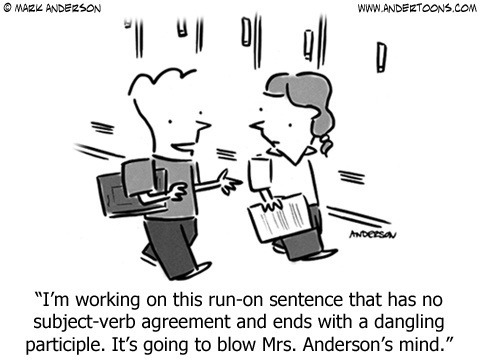
Photo
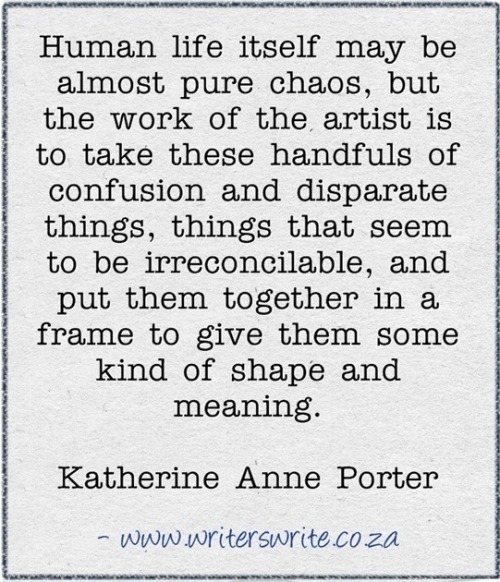
teachingliteracy: enchantingdisasters

Photo
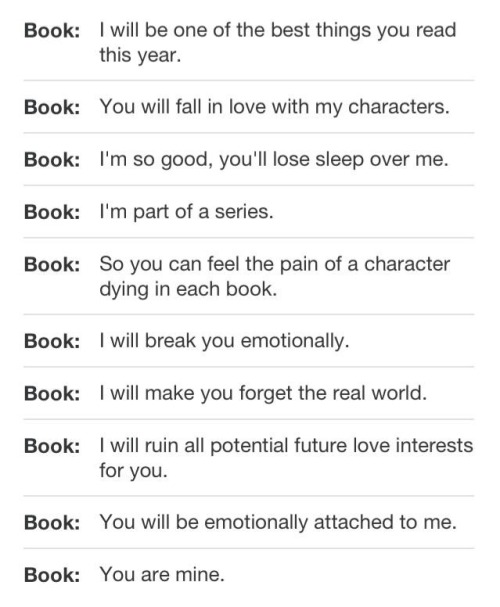
Photo

Photo
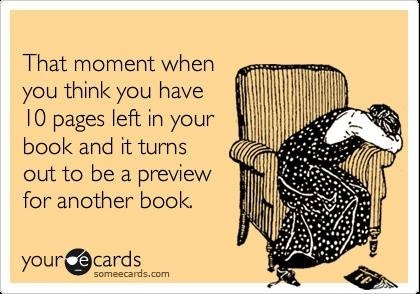
Photo
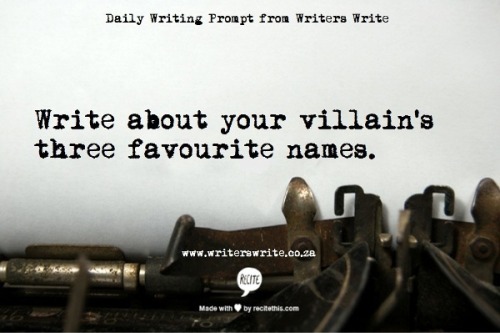
Photo
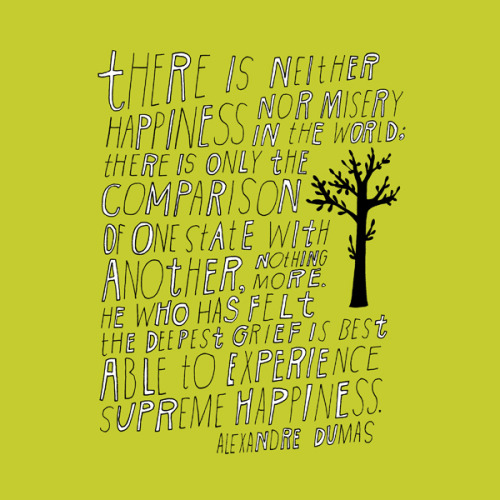
Authors: How to Choose the Best Social Media Platform for Marketing Your Book | Social Media Today
Authors: How to Choose the Best Social Media Platform for Marketing Your Book | Social Media Today:Social media can play a key role in helping you promote your book and drive potential purchasers of your book to your seller, or re-sellers sites. Not every social platform is going to work for every author and every audience, so what social media network should you start on?
Photo
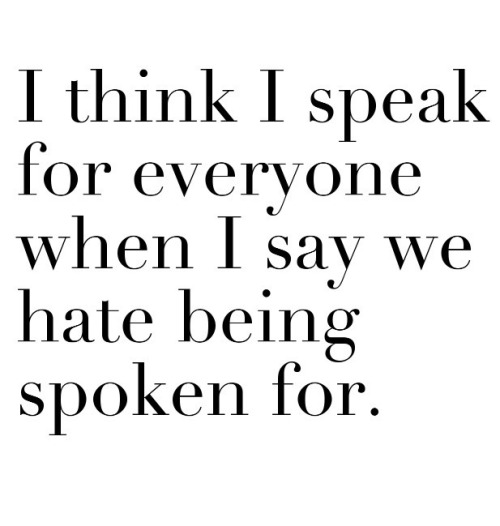
Photo
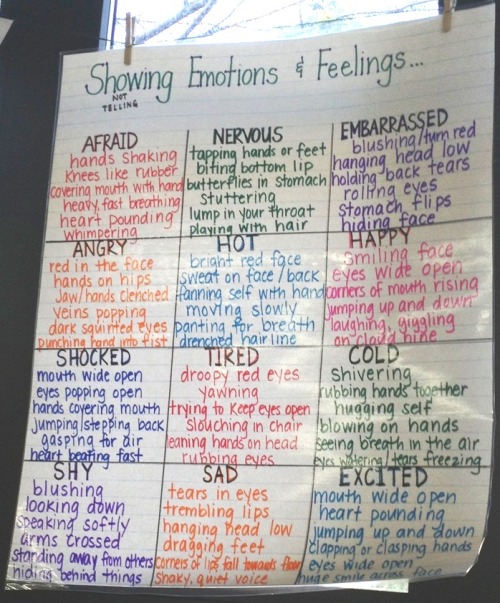
Messages
I have just discovered that I have hundreds of messages I didn’t know about.
Thank you all for the wonderful, encouraging comments. You inspire me.
For people who are looking for sources, I always use the click-through link on the photographs I post.
For those who want to know which books inspire me, here is my Goodreads profile link.
Photo
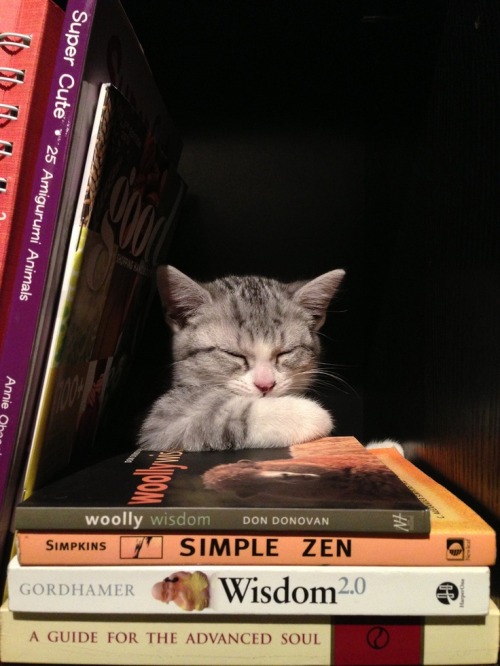
Photo

Photo
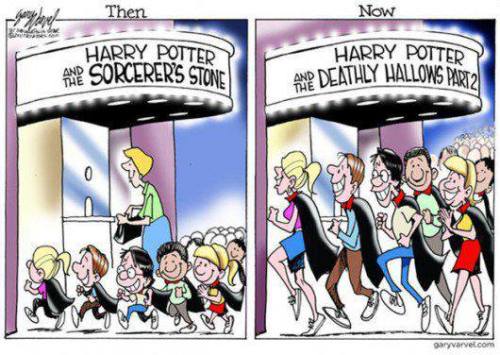
Photo
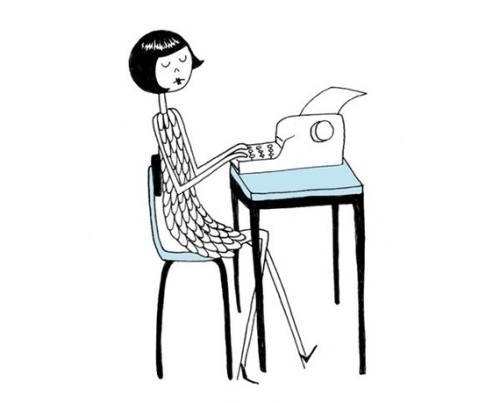
Literary Birthday - 8 June Happy Birthday, Sara Paretsky, born 8...
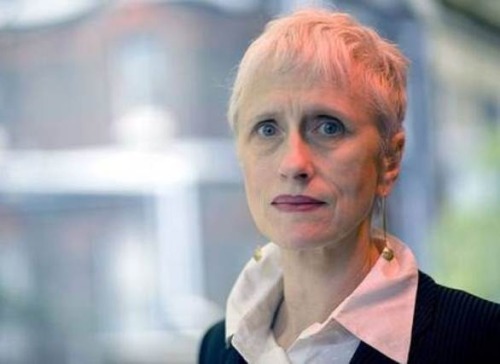
Literary Birthday - 8 June
Happy Birthday, Sara Paretsky, born 8 June 1947
10 Quotes On Writing
- I wrote my first three novels at night while I was working full time as a marketing manager. And tutoring, and singing in a choir, and managing a home for my husband and three stepsons.
- It takes a lot of cappuccino to get me through a book.
- I live in an old house, and we turned the attic into my office. It's a lovely light space, which unfortunately is also very disorganized. I like the comfort of many books around me. Indeed, I like to sleep with them in bed with me.
- Even today, with almost twenty published books, I'm beset by anxiety, worrying about whether I'm telling the story right, having the necessary balance between action and reflection.
- I write directly onto the computer, but I work out story lines, and problems with story lines, on big sketch books.
- I start with a basic idea of a story. This may be a crime, if I'm writing in the V I series, or a startling event that sparks an idea for a general novel. Until I have characters who really come to life for me, though, I can't begin work.
- I spent 10 years as a marketing manager. I've found my experience in the financial world invaluable background for writing about white-collar crimes.
- I wonder about this sometimes. How much dysfunctionality is just enough to make you a writer? Maybe you don't need dysfunctionality. Maybe you need total functionality.
- I make myself work every day regardless of whether it's a productive day or not. That way I know I will be at my keyboard when the logjam finally breaks.
- Remember: there is no right way to write. There is only the way that works well for you.
Visit Sara Paretsky for more
Paretsky is an American author who has written 17 novels as well as short stories and non-fiction books. She is best known for creating V.I. Warshawski, a female private investigator. Paretsky was named 2011 Grand Master by the Mystery Writers of America.
Source for Image
by Amanda Patterson for Writers Write














Комментариев нет:
Отправить комментарий